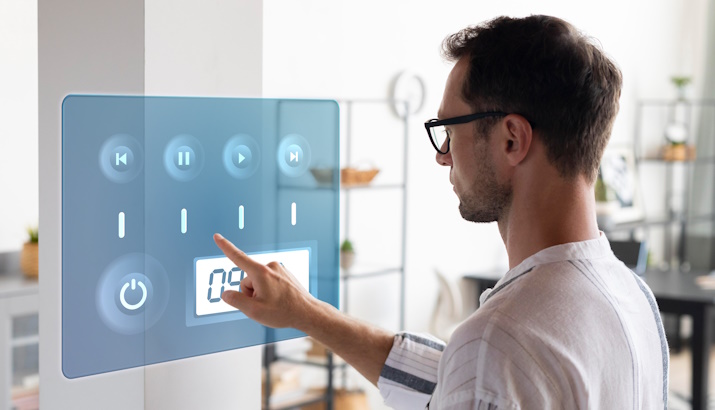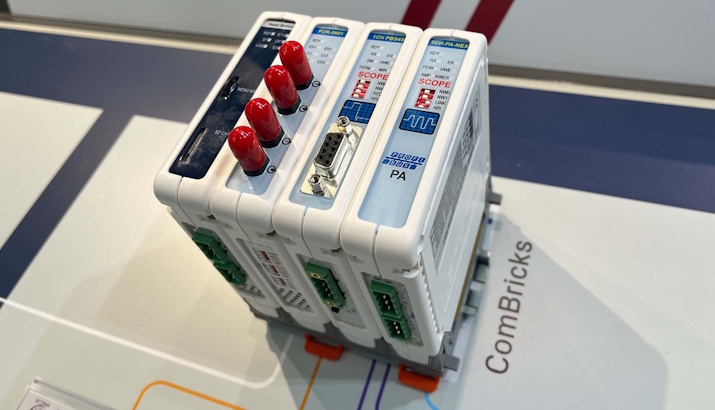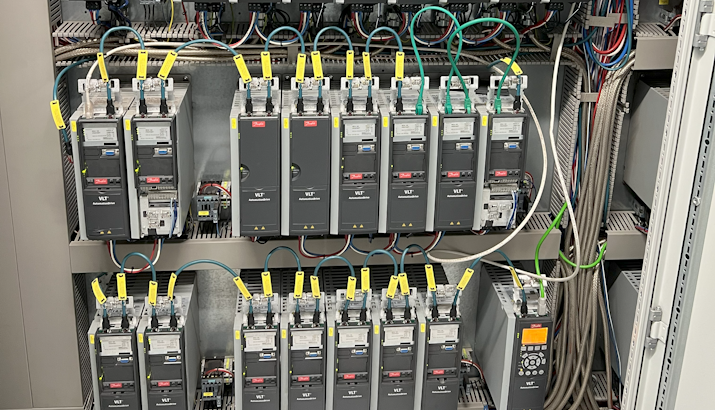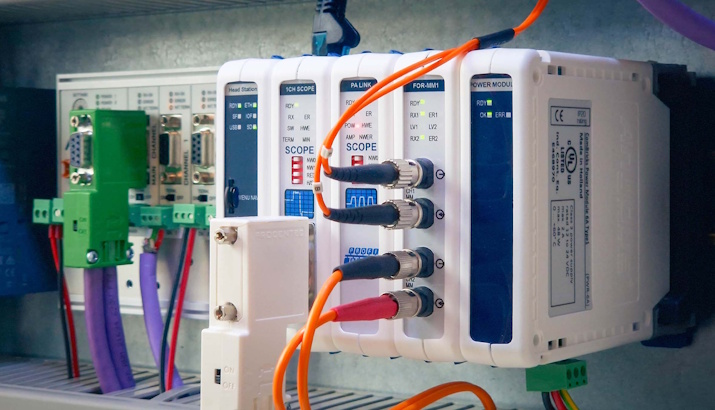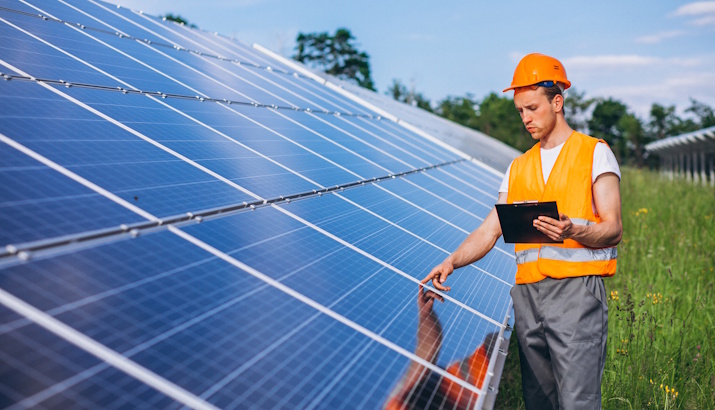What is Building Automation?
Let’s define building automation: Automation refers to the capability to program and schedule actions for the devices on the network. The programming may include time-dependent commands, for example having your lights turn on or off at specific intervals each day. It can also include non-scheduled or time-dependent events, such as turning on all the lights in your home when your security system alarm is triggered, or turning on a specific light in a room when you enter it.
What kinds of things can be part of a home automation system?
In theory, anything that can be connected to a network can be automated and controlled remotely and from a central location. However in actual practice, outside of research labs and the homes of the rich and famous, home automation most commonly connects simple binary devices. This includes “on and off” devices such as lights, power outlets and electronic locks, but also devices such as security sensors which have only two states, open and closed. Where home automation becomes truly intelligent is in the online web devices that link into this network and control it.
The standard control unit is the home computer, for which the majority of the earlier home automation systems were designed and controlled. Today’s home automation systems are more likely to distribute programming and monitoring control between a dedicated device in the home, for example, the control panel of a security system, and a user-friendly app interface that can be accessed via an Internet-enabled PC, smartphone or tablet.
The main components of the standard building automation systems include:
- Programmable thermostats.
- Zone-based thermostats.
- Occupation detectors and motion sensors.
- Power timers and monitors.
- Shutter and blind control units.
Building automation energy efficiencies:
1. Currently, energy savings and the constant strive to go green are influencing building automation trends to a large extent. This is in line with the global trend towards sustainable eco-friendly practices and the fact that green products represent energy cost savings – an important consideration given the recent spate of electricity hikes and poor supply of electricity in South Africa.
2. Today, building automation encompasses the integration of every aspect of the building from entertainment, security and under-floor heating to swimming pool pumps, lighting, irrigation, online networking and general communications systems. The key attraction of building automation is that it affords users a certain lifestyle, the core benefits of which are simplicity, convenience, security and of course energy efficiency.
3. Intelligent automation features such as built-in motion detection, automatically turn lights on when a room is occupied and can schedule lights to turn off when occupants leave the building. Automated geysers/ air-conditioning and building heating are a huge component of this efficiency, the heating/cooling devices would be turned on and off to meet demand and maintain the most energy-efficient ambient combination which is required by the user.
4. In the foreseeable future, South African utility companies will move towards smart grid technology, and the price of electricity will change during the day in response to demand. Your automated building will keep track of these changes and adjust your consumption to fit the trend. For example, it could turn your dishwasher on only when electricity is cheapest.
5. One clear advantage of home automation is the unmatched potential for energy savings and therefore cost savings. Your thermostat is already “smart” in the sense that it uses a temperature threshold to govern the home’s heating and cooling system. In most cases, thermostats can also be programmed with different target temperatures to keep energy usage at a minimum during the hours when you’re least likely to benefit from the heating and cooling.
6. Let’s discuss the benefits of remote control of your automated building. Energy costs can be even further reduced by programming “macros” into the system and sending commands remotely whenever required. For example, you could set up a “coming home” event that turns on lights and heating as you’re driving home after work, and activate it all with one tap on your smartphone. Vice versa “leaving home” event could save you from wasting energy on forgotten lights and appliances once you’ve left for the day, even enabling various security systems.

